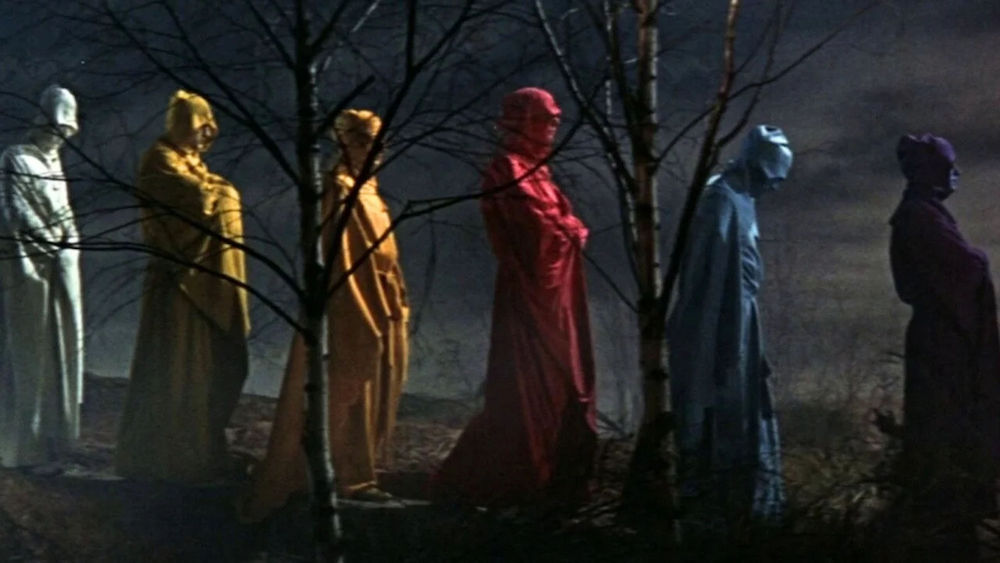When Roger Corman recently shuffled off this mortal coil, the reactions on social media were emotional and varied. As the obituaries appeared, it seemed that everybody had a unique story about him to share. He was one of the first Hollywood power brokers to hire women for key executive and creative roles behind the camera. Walter Mosley noted that Corman offered “one of the few open doors, looking beyond age, race, and gender.” Corman understood that movies were a business, that they had to earn their money back, without ignoring that they were also an art. If you could stick to a budget, you pretty much had creative freedom.
The Americans who got their start with him are well known. These include directors Martin Scorsese, Jonathan Demme, Joe Dante, Francis Ford Coppola and Peter Bogdanovich. Corman introduced the world to such acting talents as Jack Nicholson, Robert De Niro, Pam Grier and Ellen Burstyn. He was also adept at reviving the careers of legendary older actors, including Boris Karloff, Vincent Price, Peter Lorre and Basil Rathbone. What is less known was Corman’s role in bringing many powerhouse foreign films to the American market. It is thanks to his efforts that we got to see Cries and Whispers (1972), Autumn Sonata (1978), The Story of Adele H (1975) and Amarcord (1973).
Corman produced over 300 films and was awarded the first producer prize at Cannes in 1998. He also directed about 50 films. Many of these are now considered cult classics, such as A Bucket of Blood (1959), The Masque of the Red Death (1964) (he directed nine films based on Poe stories, all starring Vincent Price) and Little Shop of Horrors (1960), which he shot in two days for $35K on a set left over from another movie. Wild Angels (1966) was shot for $360K and made $25 million.
Corman picked a good time to enter the movie business. The Supreme Court had just ruled on an antitrust suit that took production and distribution out of the tight grip of the major studios. He scouted acting schools to find new talent who would work for the kind of pay he could afford. When he won his honorary Oscar, a key reason was his mentorship of new talent. Given how far out of the Hollywood mainstream Corman fell, it is interesting to note that many of his obituaries referred to him as one of the last great Hollywood figures. He was, by his own description, “The Orson Welles of Z movies,” and there will never be another like him.


